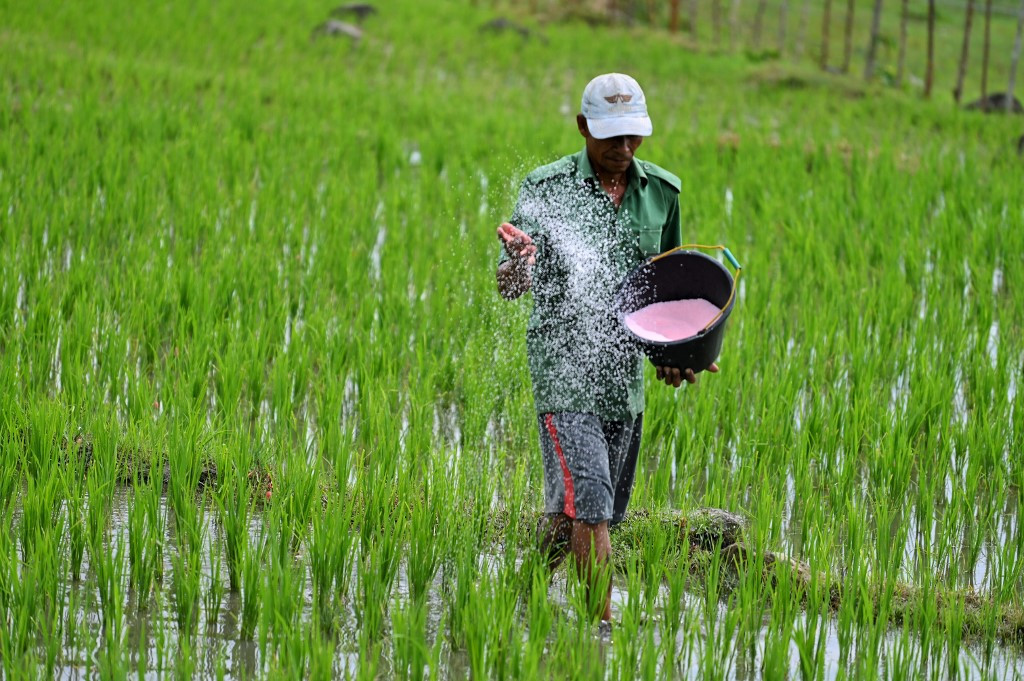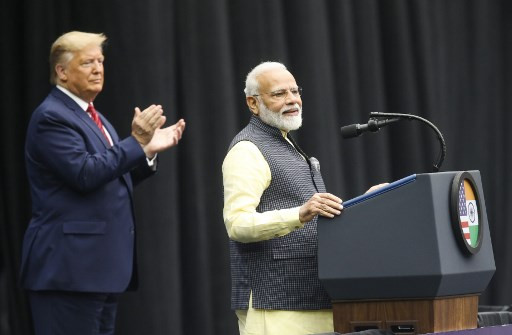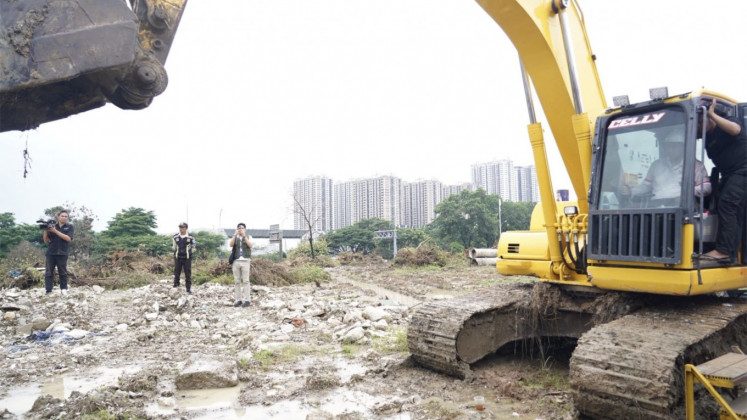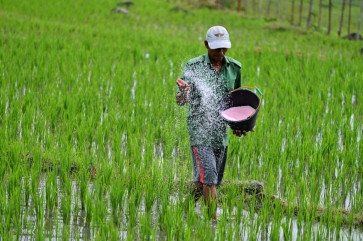Popular Reads
Top Results
Can't find what you're looking for?
View all search resultsPopular Reads
Top Results
Can't find what you're looking for?
View all search resultsSubsidized chemical fertilizer pushing organic alternatives off market
Change text size
Gift Premium Articles
to Anyone
O
rganic fertilizer producers in Indonesia say their businesses have been hampered by unfair competition from subsidized chemical fertilizers, preventing them from reaching larger scales.
Sean Nino, the cofounder of Temesi Recycling, based in Bali, had to close down his operations in February.
“The private sector, top multinationals and local government have not contributed enough, and there are no tipping fees or any other government mechanisms helping to facilitate and stimulate growth [of the market for recycled products],” Nino explained in a comment on social networking platform LinkedIn last month.
The term tipping fees refers to money paid by those who dispose of waste at a landfill or waste processing facility.
“Our daily compost production amounted to 30 tonnes, however, we were unable to sell it,” added Nino, who has been in the recycling business for decades.
According to Nazamuddin Siregar, founder of waste management initiative Bengkel Sampah, locating a market for organic fertilizer is a formidable task. And that market rises or falls with government policies: While education on composting may increase supply, subsidizing chemical fertilizer decreases demand.
Nazamuddin makes organic fertilizer from compost and sells it to individuals for their personal use.


















